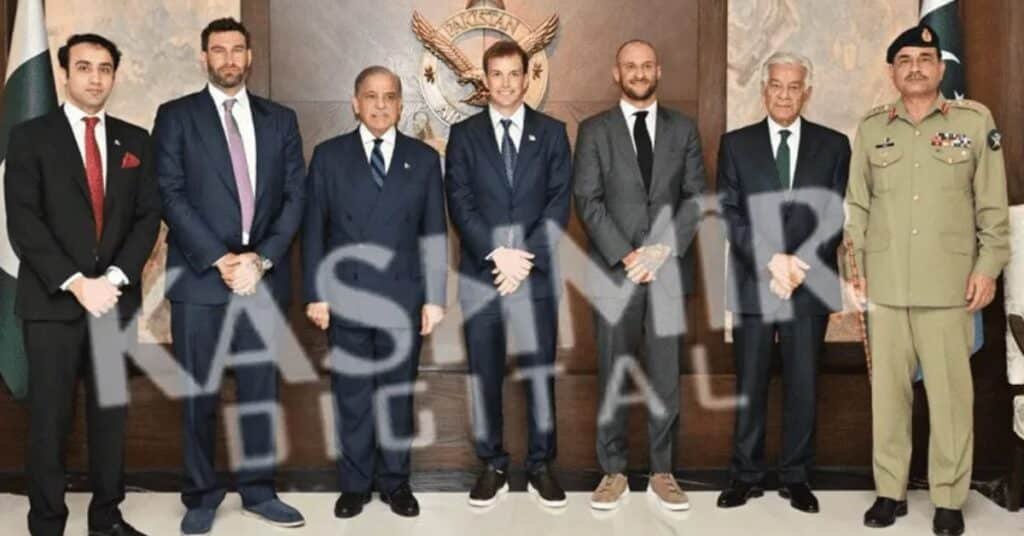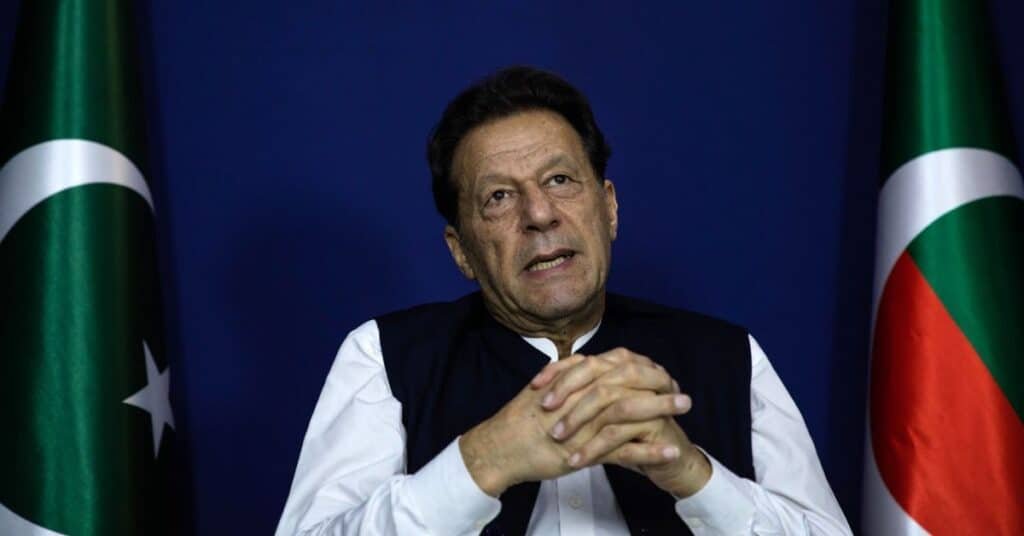RAWALPINDI (Kashmir English): On the night of May 10, Pakistan’s Nur Khan Airbase was targeted in an unprovoked missile strike, a bold act of hostility that sent ripples through diplomatic and defence circles around the world.
Just days earlier, a historic agreement was signed in Islamabad between the Pakistan Crypto Council and World Liberty Financial, a powerful international consortium supported by former US President Donald Trump. Present at the signing were Pakistan’s Prime Minister, the Chief of Army Staff, and Liberty’s blockchain spearhead, Zach Wutkoff.
The mission was to transform Pakistan into a global crypto hub, securing economic independence, attracting foreign capital, and propelling the nation to the forefront of financial innovation. This move unsettled New Delhi.
India’s traditional economic establishment has long viewed Pakistan’s tech-driven progress as a threat. But this time, rather than relying on trade pressure or media narratives, they chose escalation.

Experts believe the missile strike on Nur Khan was a desperate attempt to spook global investors and sabotage Pakistan’s digital leap. Yet the attempt backfired on all fronts.
The airbase remains intact and fully functional. The crypto accord holds strong. And Pakistan’s determination is more focused than ever. India has revealed its position: insecurity, anxiety, and miscalculation.
Pakistan, in contrast, has demonstrated strength, vision, and an unshakable commitment to a digital tomorrow.




